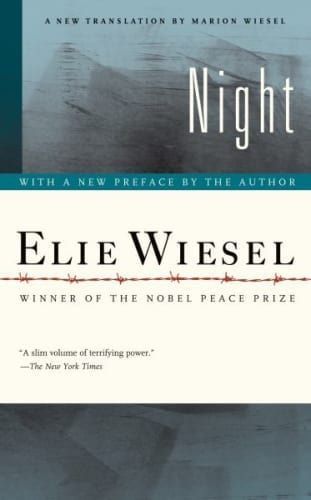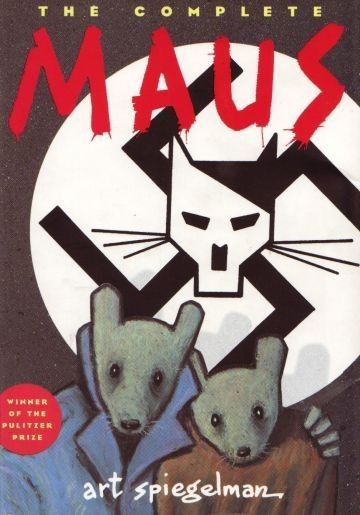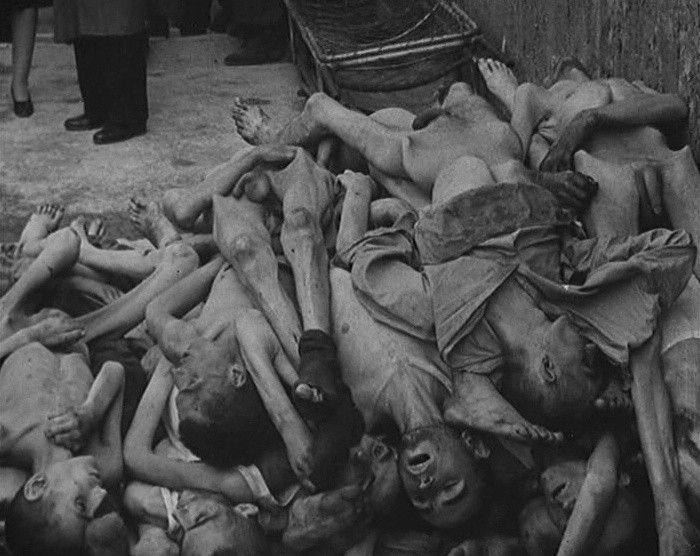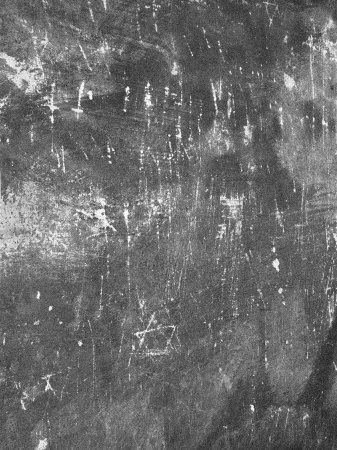Holocaust And Literature
Jun 02, 2019 • 15 views
Holocaust, a systematic murder of millions of Jews by the German regime is the grimmest episode of human history. Deriving from Greek work, Holocaust stands for “sacrifice by fire”. Considering Jews to be inferior, the Germans killed them as a part of their “final solution”. German authority established numerous forced labour camps, concentration cells and ghettos. Millions of Jews were deported there to be killed inhumanly at the end.
Literary works during the time of Holocaust play an important role to depict the inhuman practices of detention cells giving us an elaborated emotional, physical hauntings the survivor experienced.

Night : Nobel prize recipient, Elie Weisel’s Night is a detailed memoir of his experience in Auschwitz. He portrays his physical and emotional hauntings in the most beautiful way, leaving you with the question on humanity.
“Never shall I forget that night, the first night in camp, which has turned my life into a one long night, seven times cursed and seven times sealed....Never shall I forget those moments which murdered my God and my soul and turned my dreams to dust. Never shall I forget these things, even if I am condemned to live as long as God Himself. Never.”

The Diary of A young Girl: Probably the most read memoir, written by Anne Frank leave you in tears by the end of the book. It is beautiful how a girl of 13, with the acknowledgement of death approaching, she describes everyday events. She died just two months before the liberation of Jews and her father later published her diary.

Maus: Illustrated by Art Spiegelman, Maus is a graphic novel focused on the theme of Holocaust. By portraying Jews as mouse and Germans as rat, Art brings out his father’s experience at Auschwitz.
Fragments of Isabella: written by Pulitzer prize nominee Isabella leitner, this account provides us firm light on the condition of detention camps. Surviving a near death experience at Auschwitz, Isabella’s account shows us how such experience can haunt a person throughout life.

Why: Explaining Holocaust : peter Hayes offers a different perspective explaining basic questions regarding Holocaust. A systematic reading with chronological references this is a must read for the people working on this genre.
Imprisoned: this is a visual testimony, compiled by Arturo Benveneuttie including artwork, sketches of the prisoners who survived inhuman tortures of the concentration camps. Arturo interviewed several survivors requesting them to share their experiences which make the read even more grim.

Holocaust has haunted human history like no genocide, although few survived death but their lives have been shattered into pieces.
